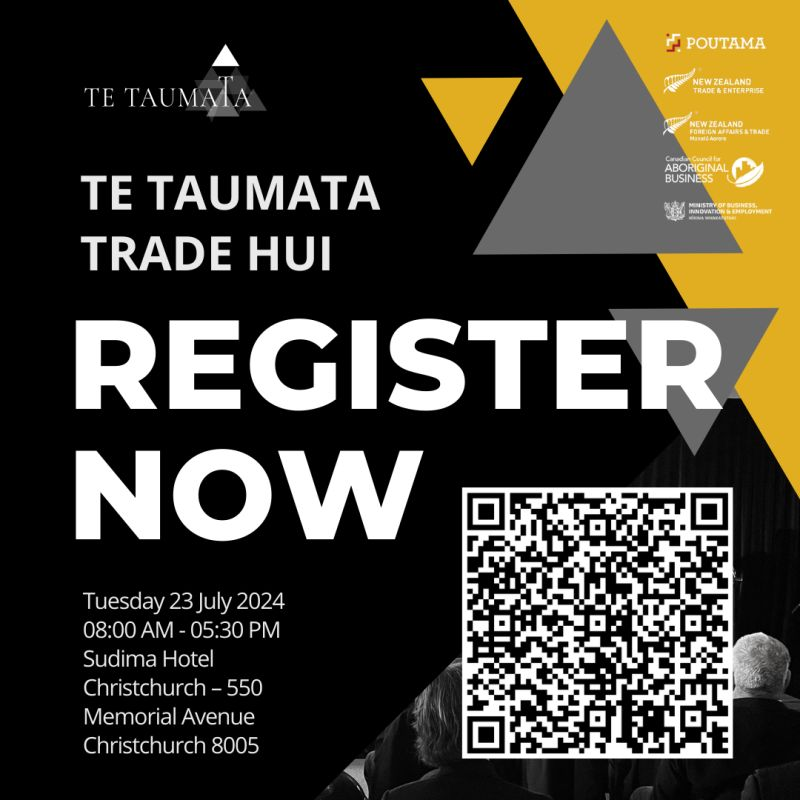Kia ora koutou,
As mentioned in our last pānui, negotiations between Aotearoa and the UK are nearing an important milestone, where the Prime Ministers of each country have signalled that they want to bring forward free trade talks by some months.
These negotiations could have a long-lasting, positive impact on Māori and will provide opportunities and challenges. Māori have a particular mix of economic social/cultural and environmental interests, which need to be taken into consideration in any negotiation.
Our role is to provide an independent voice for Māori on trade policy and negotiations so that our uniqueness isn’t forgotten. Following the many hui held across Aotearoa and hearing the voices of so many, we released an in-depth analysis on Identifying Māori Interests in a UK/NZ Free Trade Agreement (FTA), which sets out the benefit of a UK/NZ FTA for Māori.
By entering an FTA with the UK, Māori businesses, individuals, whānau and communities could benefit through things like improved market access for exports, and a better ability to access services from or provide services to the UK – including through the improved ability to reside, work and/or study in the UK. It could also open the door for Māori to access investment capital, education, occupational training and research, and skills in things like low emissions technologies, life sciences, and language revitalisation – all areas in which the UK has world-class capabilities.
As echoed by a large number of submissions during the government’s consultation on the UK-NZ FTA, we need to prioritise inclusive trade provisions which advance the interest of Māori.
If both governments agree to what we have proposed in our analysis, the results will be game-changing for Māori. Currently, New Zealand is locked out of the British economy due to trade barriers and tariffs, so negotiations, if successful, open up a massive new market for Māori – 70 million people.
We know there is an appetite for Māori products, for our expertise across multiple sectors, and for inviting investment into growing our local economy. Ensuring Te Tititi o Waitangi (the Treaty of Waitangi) forms a part of New Zealand’s approach to trade is imperative.
Earlier this week I spoke to a Stuff reporter about that very topic. The article delves into the huge amount of work that has been done since the 1980s, that now sees all FTAs with Aotearoa contain provisions preserving the Crown’s ability to honour its commitments to Māori under Te Tiriti. I encourage you to read it.
Ngā mihi,
Chris Karamea Insley


